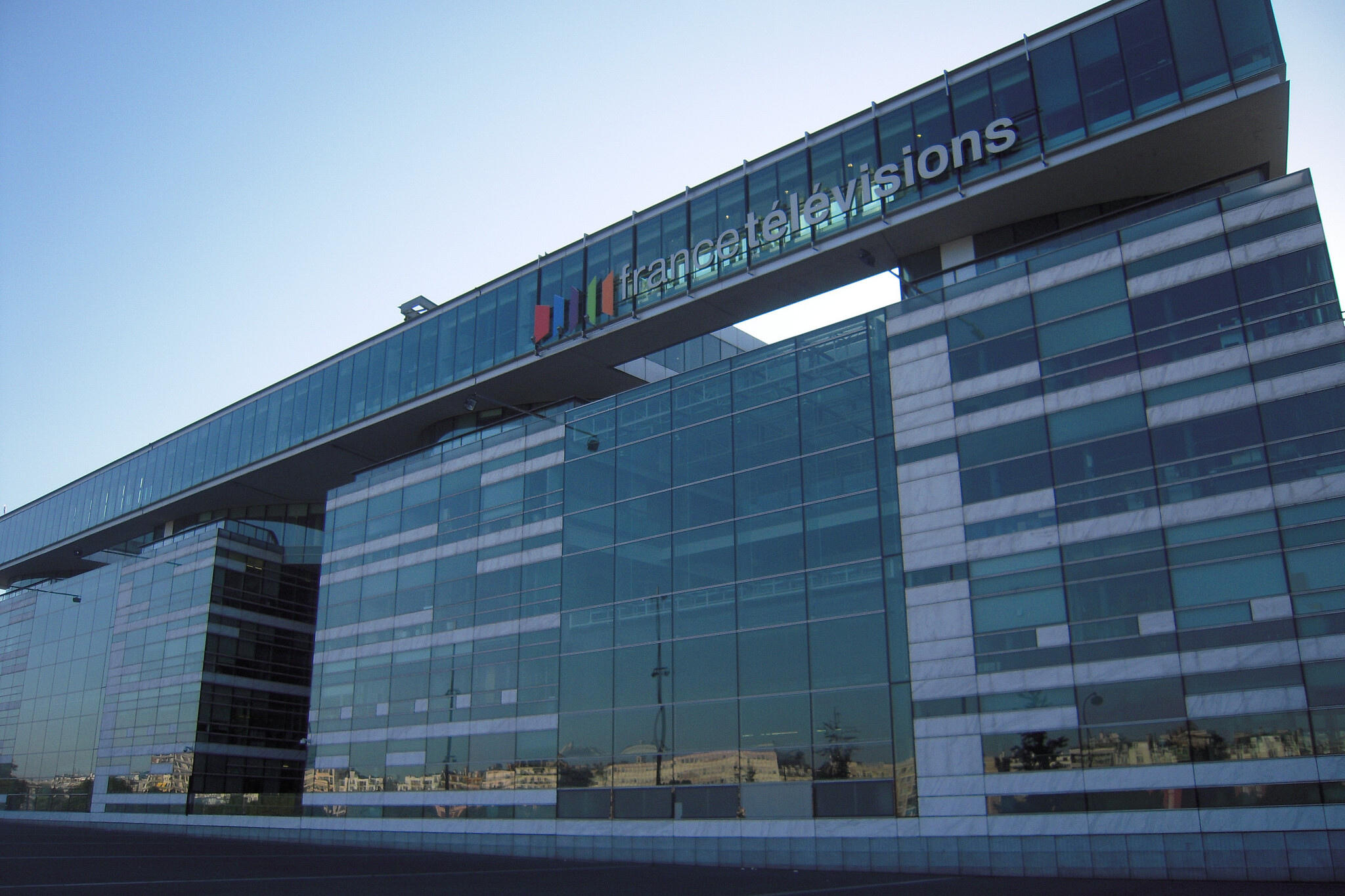The PMA Briefing
A consequential week for public media
22 July 2025
It’s been a significant week for public media worldwide: American public media had its funding ripped away by the US Senate, the French public media reform takes a major step forwards, and is the SABC finally at the end of its licence fee woes? Elsewhere, why CBC/Radio-Canada needs an emergency mandate, and should YouTube give prominence to public media?
US: A death knell for federal funding for public media
Last week, the Senate approved Donald Trump’s rescission package, which means the Corporation for Public Broadcasting – an independent non-profit entity which distributes federal funding to public media stations – will have its $1.1 billion budget taken away. The two-year budget had been previously approved by Congress, but is now overridden by the rescission vote.
What’s the reaction been? See the statements from the affected organisations:
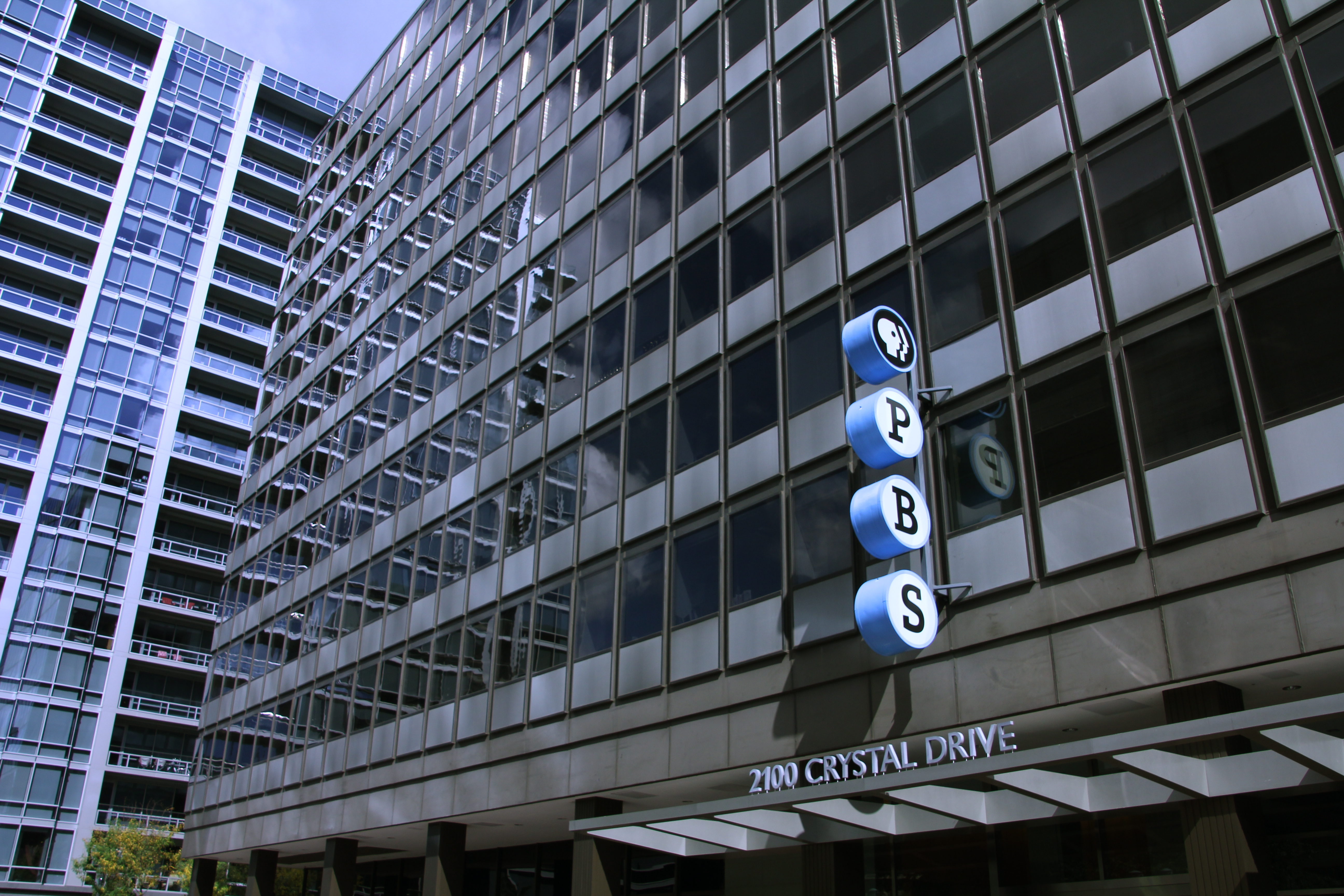
“The Senate just approved a rescissions package that goes against the will of the American people, the vast majority of whom trust PBS and believe we provide excellent value to their communities. There is nothing more American than PBS. Despite today’s setback, we are determined to keep fighting to preserve the essential services we provide to the American public.” – Paula Kerger, PBS President and CEO
“Public media is a resilient civic good, its organizations dedicated to public service. Tonight, our network’s service to the nation suffered a tremendous setback. Together — and with support from listeners and readers in communities around the nation — we will work to rebuild.” – Katherine Maher, NPR CEO
“Without federal funding, many local public radio and television stations will be forced to shut down. Parents will have fewer high quality learning resources available for their children. Millions of Americans will have less trustworthy information about their communities, states, country, and world with which to make decisions about the quality of their lives. Cutting federal funding could also put Americans at risk of losing national and local emergency alerts that serve as a lifeline to many Americans in times of severe need.” – Patricia Harrison, CPB President and CEO
“Tribal stations are trusted sources of local news, educational content, emergency alerts, and Native language and cultural programming, with a singular focus on serving the informational needs of Tribal citizens. With this funding eliminated, dozens of Native stations may go dark, severing lifelines that connect people to each other, to public safety, and to the nation.” – Native Public Media
Reaction from elsewhere
“Congress had the chance to show bipartisan support for public media, as it has for decades, but instead caved to President Trump’s campaign to punish dissent and control what information Americans can access—following the path of so many other institutions that have chosen to capitulate rather than stand up in defense of a free press and democracy.” – Tim Richardson, program manager for journalism and disinformation at PEN America.
“So-called fiscal prudence cannot justify striking at the heart of an institution that has served the American public for nearly sixty years. US public broadcasters are more than entertainment: they provide quality journalism, universal children’s education, diverse cultural content and, in emergencies, a trusted voice that tells families when to seek higher ground. Stripping CPB of its appropriation removes the oxygen from 1,500 local stations.” – Public Media Alliance
Read more analysis
What does the rescission package actually mean for US public media stations? CNN has created an explainer detailing the consequences.
The New York Times, meanwhile, has produced a map, highlighting all the public broadcasters which are now under threat.
Why is it so significant? NPR’s David Folkenflik tells the decades-long story behind the Republicans efforts to defund public media…
FRANCE: Public media merger takes major step forward
After hours of heated debate, the French Senate adopted a bill to reform public broadcasting at its second reading, by 194 votes to 113, invoking a “blocked vote” procedure to cut short left‑wing filibustering.
The mechanism lets the government call a single vote on the whole text, keeping only the amendments it supports and bypassing article‑by‑article scrutiny. The day before, only about thirty of the 330 amendments had been considered.
The draft law would create a single holding company – to be called France Médias – to oversee France Télévisions, Radio France, and the National Audiovisual Institute (INA) from 1 January 2026, under the leadership of a single president and CEO. The text will return to the National Assembly in September.
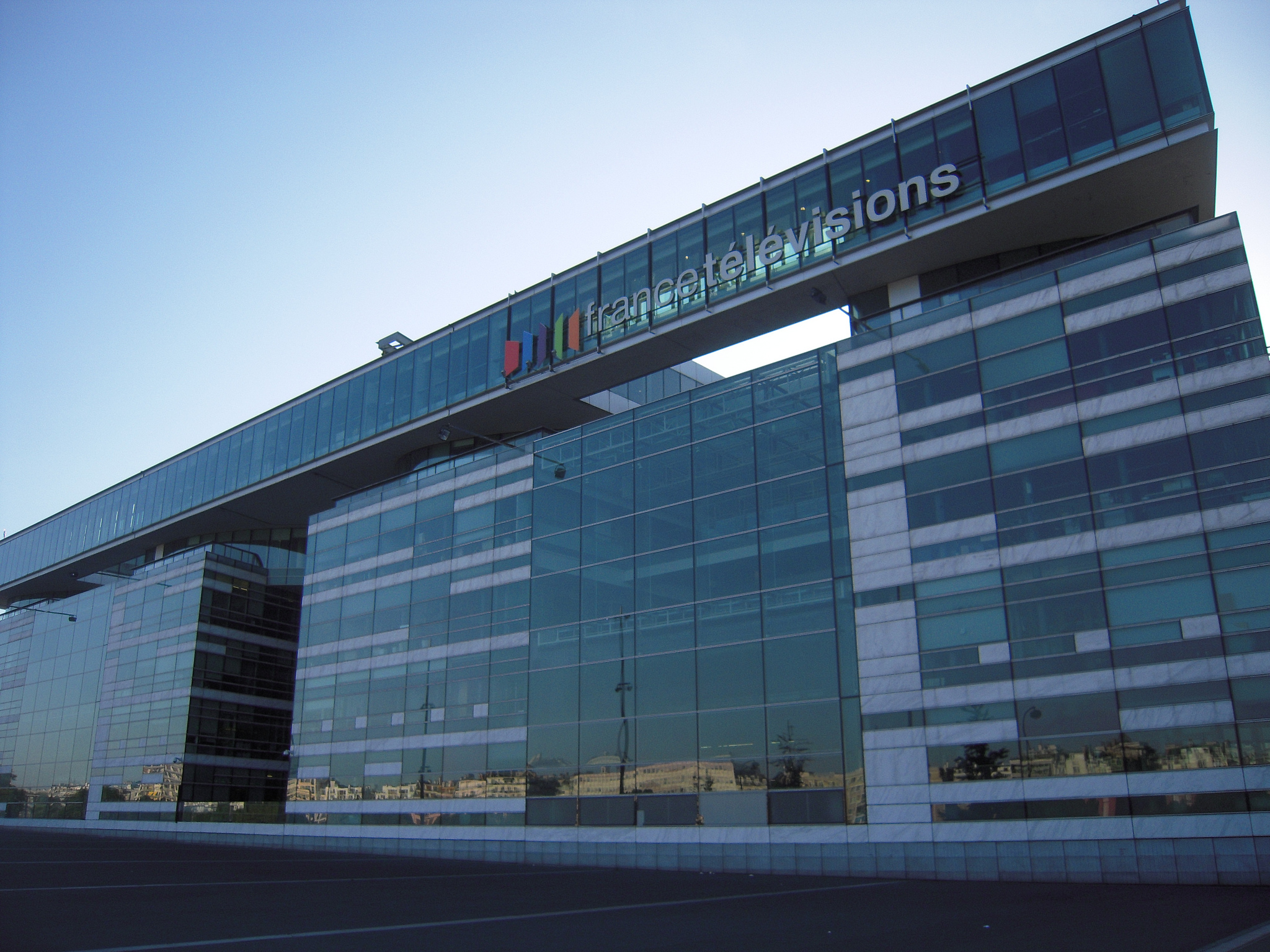
SOUTH AFRICA: End to SABC’s licence fee woes?
The South African government has allocated US$39 million to SABC as part of efforts to resolve the broadcaster’s longstanding financial challenges.
Through the Medium-Term Expenditure Framework (MTEF), SABC will receive US$2.4 million for programme production, US$25 million towards supporting the public broadcasting mandate, and US$11 million allocated for Channel Africa.
The Department of Communications and Digital Technologies stressed that the funding was not a bailout but instead a standard budget allocation. Communications Minister Solly Malatsi warned that the SABC’s expanding responsibilities — including live coverage of national events, sport, and especially the upcoming 2026 local government elections — could not be met without extra support, because funding has lagged far behind its growing mandate.
The funding injection comes after the government issued a tender inviting a service provider to design a sustainable new funding model for SABC, signalling the end of the existing licence fee structure. While the TV licence fee is not SABC’s primary funding source, widespread non‑payment remains a major drag on finances, with only 14% of licence holders paying their fees in 2023/24; this accounts for about R4.3 billion in lost revenue.
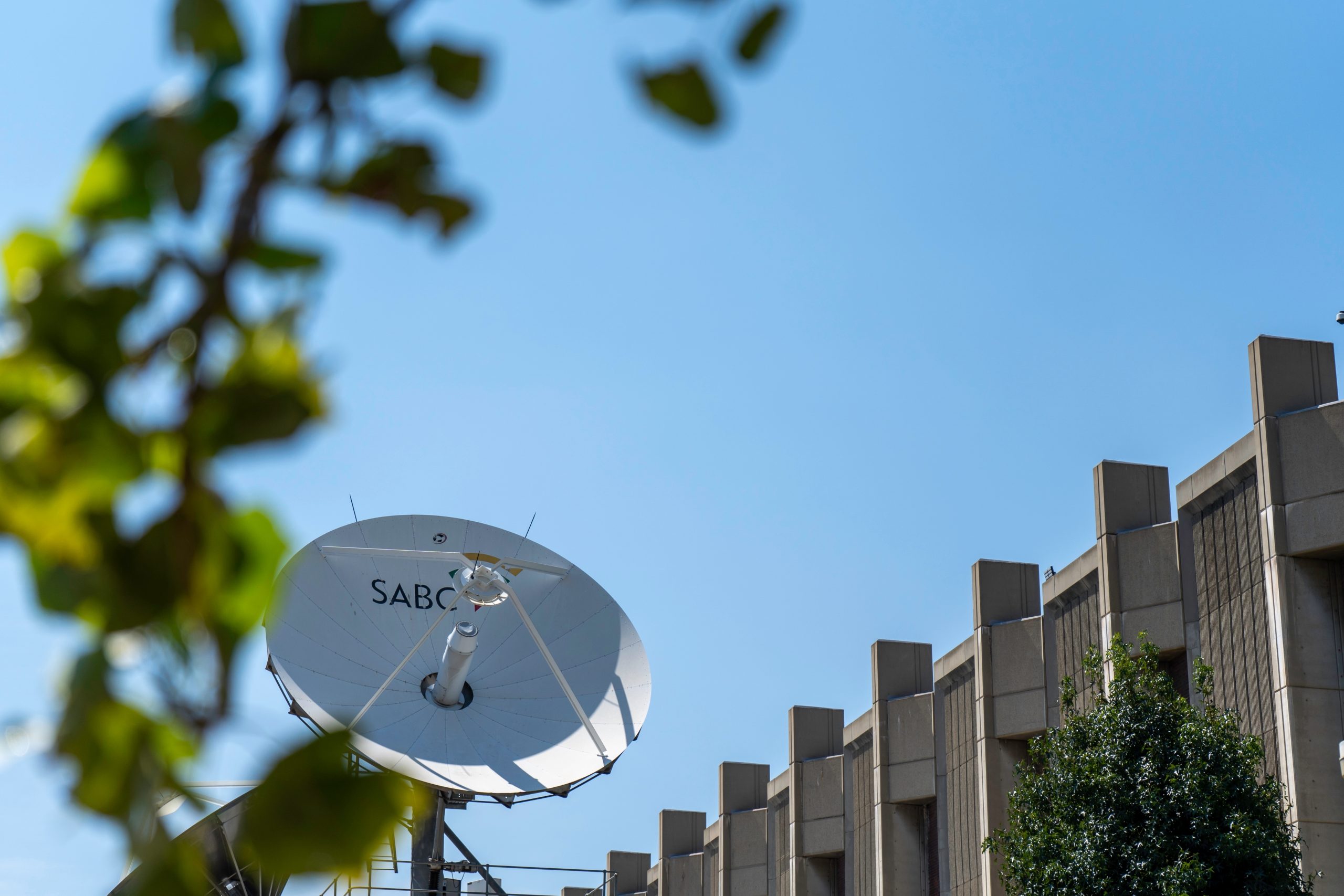
CANADA: Why CBC/Radio-Canada needs emergency mandate
A new study from McGill University argues that intensifying wildfires and floods demand an explicit emergency information mandate for CBC/Radio‑Canada.
The report highlighted the role of emergency preparedness and crisis response at other global public media, and recommended a specific aspect of the CBC’s mandate be formalised and strengthened. The report also warned that misinformation during disasters puts lives at risk.
The report lands as the CRTC announced consultations to improve Canada’s public alert system, following promises from the Liberal government to increase the public broadcaster’s funding by an initial C$150 million annually. Jessica Johnson, a senior fellow at McGill University’s Centre for Media, Technology and Democracy, who co-authored the report, emphasised that any mandate change must come with stable resources and local‑level capacity so that CBC can deliver life‑saving updates and not just national headlines.
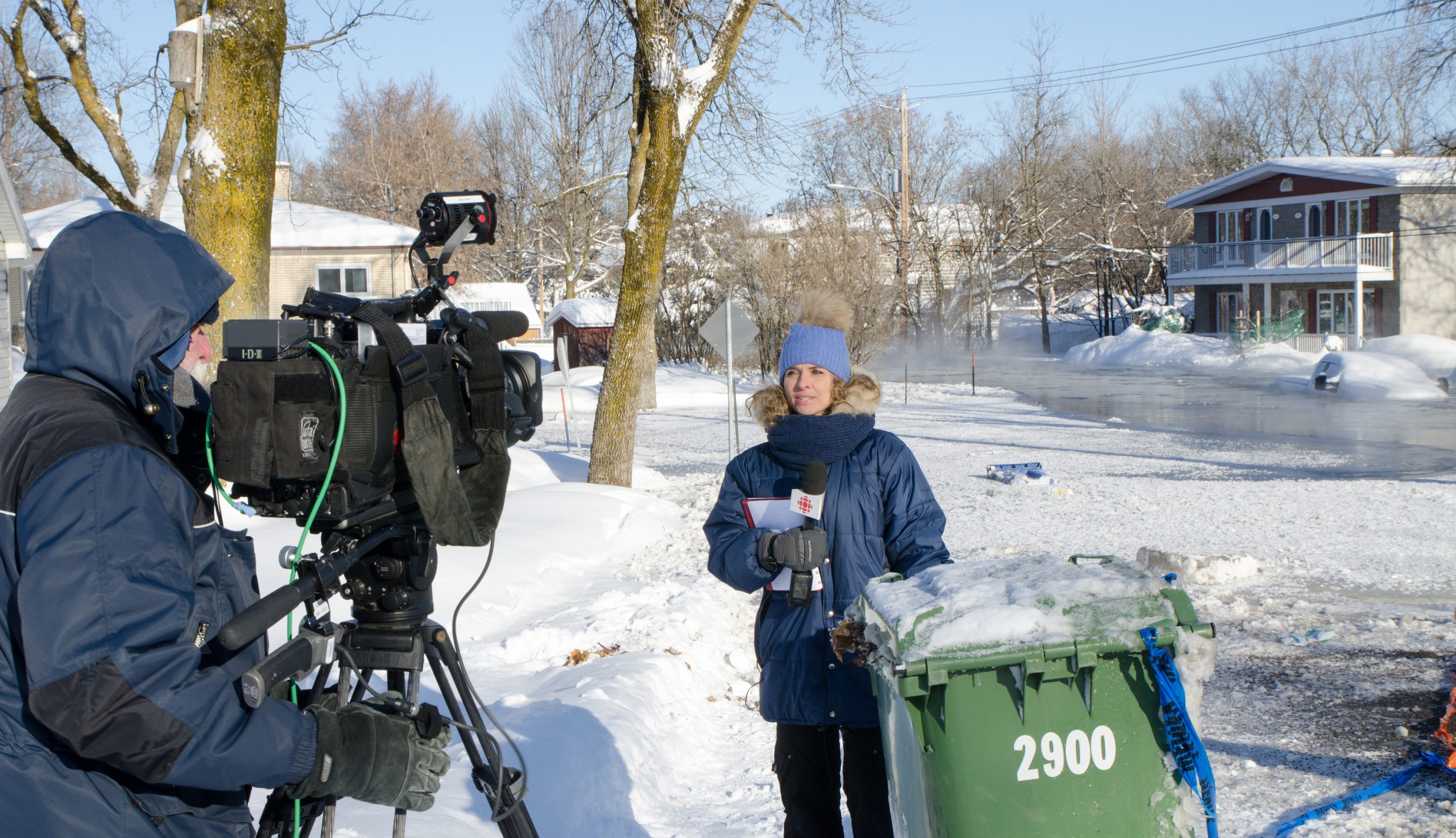
UK: Should YouTube give prominence to public media?
The UK media regulator, Ofcom, has recommended that public service broadcasters are given prominence on third-party platforms such as YouTube. The recommendation is in its latest public service media review, which takes place at least every five years and assesses whether public broadcasters have fulfilled their remit.
The review noted that the media environment is rapidly transforming, and public broadcasters face heavy competition from international platforms. “Services like Netflix and YouTube offer hyper-personalised experiences that are hugely popular with viewers and advertisers,” Ofcom said. “In this environment, the PSBs are finding it much harder to fund the production and distribution of high-quality UK content to all audiences.
One of the recommendations from Ofcom is to ensure prominence and discoverability on services like YouTube for public media content. Other recommendations include increased investment in media literacy services, expanded collaboration between public broadcasters, and stable funding.
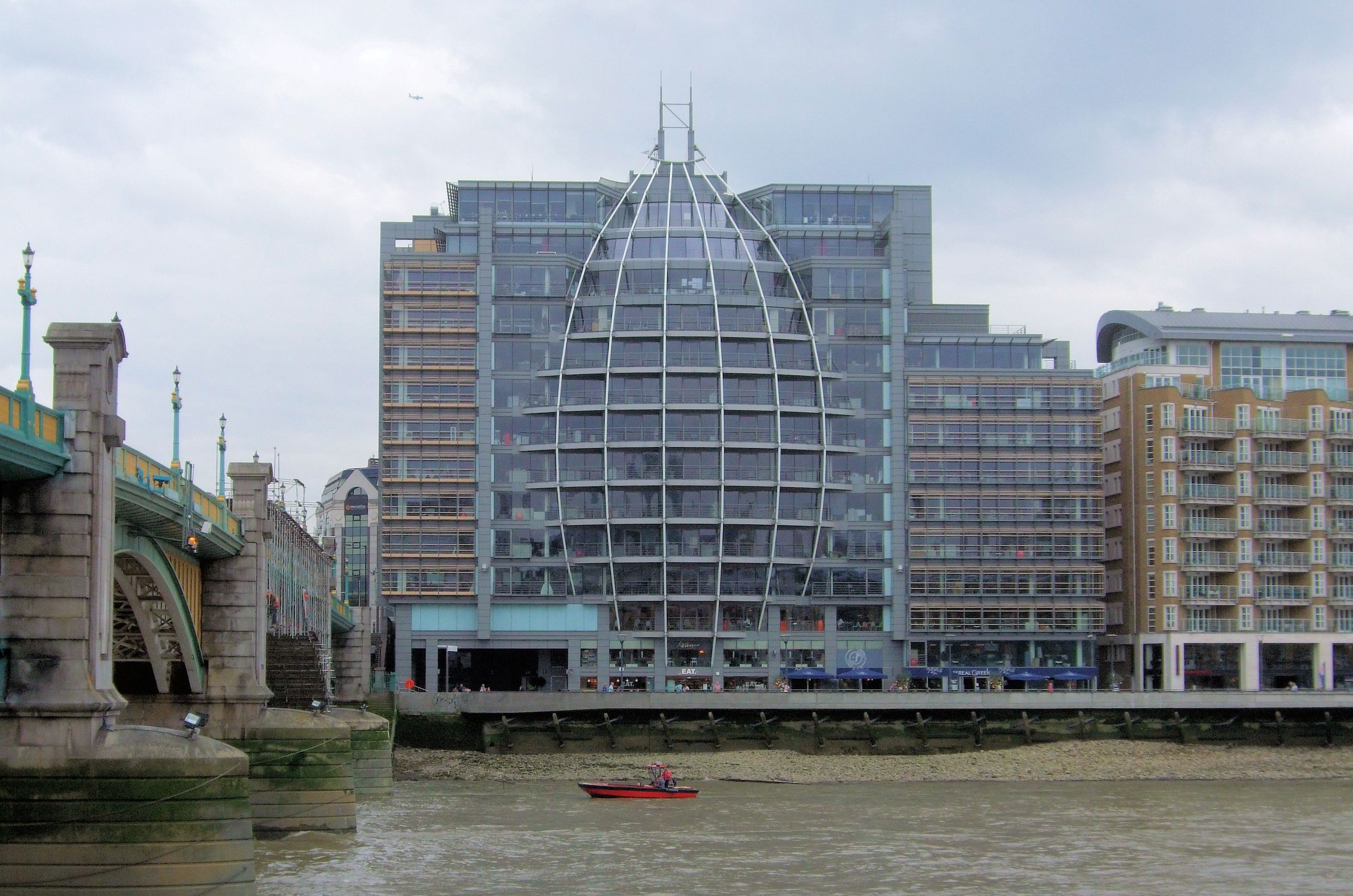
Featured Image: PBS Headquarters, Crystal City. Credit: melanie.phung/Creative Commons
Related Posts
8th July 2025
Broadcasters face scrutiny over programming | The PMA Briefing
From BBC Glastonbury backlash to SRG…
